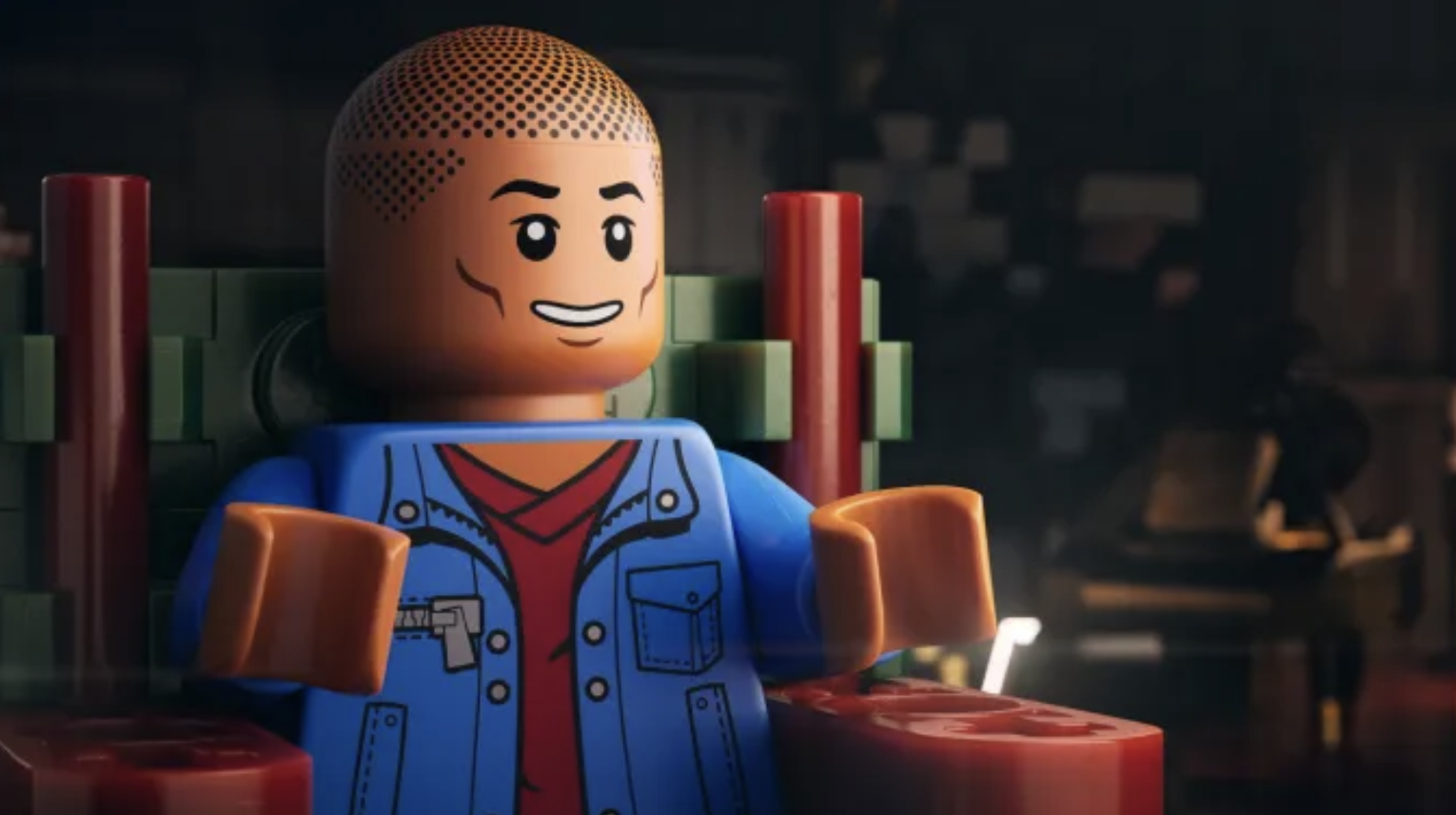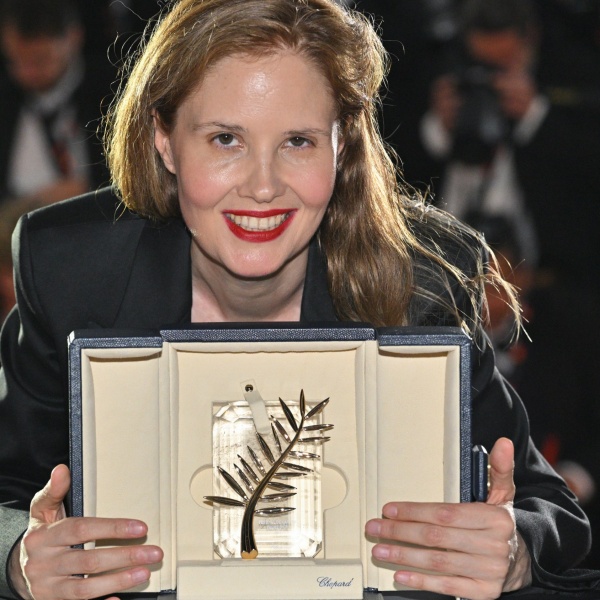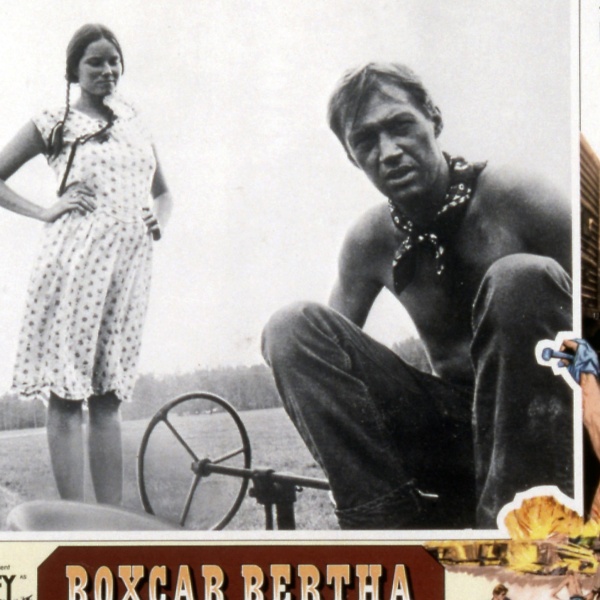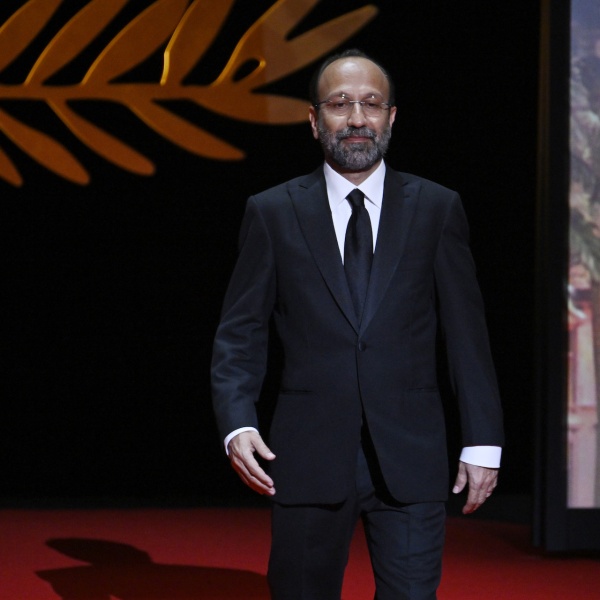Addressing a packed house at Telluride Film Festival’s flagship Herzog Theater, “Piece by Piece” director Morgan Neville described his Pharrell Williams’ documentary as an “ode to the power of magical thinking.” Told entirely through the unique framing device of LEGOs, Williams’ life story makes an effective case for the American Dream. The elements are all there: teenage Williams is a dreamer with a unique musical gift that comes at the expense of his schoolwork. Raw talent never being enough, some lucky breaks and long hours spent hustling are critical additional ingredients to getting Williams out of the projects of Virginia Beach and into a life of luxury — a life in which sharing studio space with Jay-Z and Justin Timberlake is the norm.
“Piece by Piece” is at its best in this opening act where a young Williams finds his creative voice and races to share it with the world. We see him meet Chad Hugo in a high school music class and the two oddballs join forces to form The Neptunes, a producing duo responsible for some of the most iconic tracks of the ’90s and early 2000s. (these include “Shake Ya Ass,” Britney Spears’ “I’m a Slave 4 U” and countless others.) Well-executed gags and fantastical visual flourishes make creative use of the Lego framing, proving it much more than empty stunt. It’s no surprise “fun” was the operative word espoused by many Telluride patrons exiting the Herzog theater post-screening.
As Williams’ and Hugo’s work as The Neptunes gain recognition, “Piece by Piece” grants humorous windows in the creative process, in the vein of VH1’s “Behind the Music.” One highlight finds Williams and Hugo in the studio with Snoop Dogg and a gaggle of Crips. This intimidates the openly “nerdy” Williams and Hugo. After alluding to the pair getting stoned out of their mind (relayed in a manner that maintains the film’s firm PG rating) they relax and dream up the iconic beat for “Drop It Like It’s Hot.” Afterward, as a talking head, Snoop Dogg points out how this track helped listeners see the humor in his gangsta personality — it let them see him “smile.” The track becomes his first number hit and Snoop has leaned into this part of his personality to great effect in the decades since — his recent Olympics coverage a great example.
One drawback to a strictly Williams’ centered film (one in which he also produces), is that his Neptunes partner Hugo is mostly relegated to the background. His main function is as comic relief, and it’s hard not to wish for more insight into how these two geniuses collaborated together on these iconic tracks. Later when The Neptunes break up, “Piece by Piece” fails to properly interrogate why. The film seems to willfully go easy on Williams in key spots, glossing over moments that could have lent more depth to him as a person, but might have pushed up against the cheery “go for your dreams” central message from a star whose number one track is titled “Happy.”
When Williams scores success with his debut solo track “Frontin’”, he falters in the aftermath, not releasing another solo track for three years. This baffled his peers who felt sure this was his big breakout. That this hyper-driven, by-any-means, young whippersnapper seems to have a crisis of faith at precisely the worst moment feels unique compared to the well-worn territory of the rest of the narrative. But “Piece by Piece” isn’t compelled to properly analyze what happened at this pivotal juncture, content to rely on Williams’ coy assertion that he was not ready, that he found himself scared by what lay ahead.
Later, at the height of his fame, Williams loses focus and his string of producing chart-topping tracks hits an elongated dry spell. This is handled with some welcome honesty from Williams, who acknowledges his “arrogance” blinded him — his Midas touch holds clear limitations. But this reads as the bare minimum, a perfunctory admission from Williams to move the “fall” portion of this “rise and fall” story over to the more joyous closing act. Additionally, the narrative gasses up Williams’ undeniable genius to viewers to such a degree prior, that when things begin to go poorly for him, it’s hard to parse why his rock solid creative instincts fail him here and not at other times.
A late detour in this scattered third act looks at the BLM movement through Williams’ production of Kendrick Lamar’s “Alright.” It’s posited as an opening of Williams’ eyes to how he can use his art to fight injustice, but this brief sequence feels out of step with the rest of the looser, more casual narrative—an ill-footed attempt at thematic heft unearned by everything that preceded. But again, like so many other moments in “Piece by Piece,” the music does the heavy lifting: Williams’ otherworldly production matched with Lamar’s rapping are powerfully rendered on screen, even if the LEGO framing here plays as a little ridiculous juxtaposed against the serious subject matter.
In the closing moments of “Piece by Piece,” Williams tells Neville that he’s interested in diving deeper. It’s a strange non-sequitur and Neville asks Williams what he means. Williams deflects and says they don’t have time for that discussion and Neville agrees cheekily since it’s the end of the movie. This interaction illustrates the central flaw in “Piece by Piece” — there might be desire to go deeper but the mere invocation of going deeper suffices for those involved, namely Neville and Williams. “Piece by Piece” is ultimately surface-level entertainment, a light, visually-inventive ride without much to offer its audiences beyond a reaffirmation on the values of hard work and believing in one’s self. This “magical thinking” might hold the possibility to inspire its younger target audience, but a more substantive version for the adults in the room is left unconstructed.
Grade: B-
“Piece by Piece” premiered at the 2024 Telluride Film Festival. After it screens at TIFF 2024, Focus Features will release the film in theaters on Friday, October 11.





